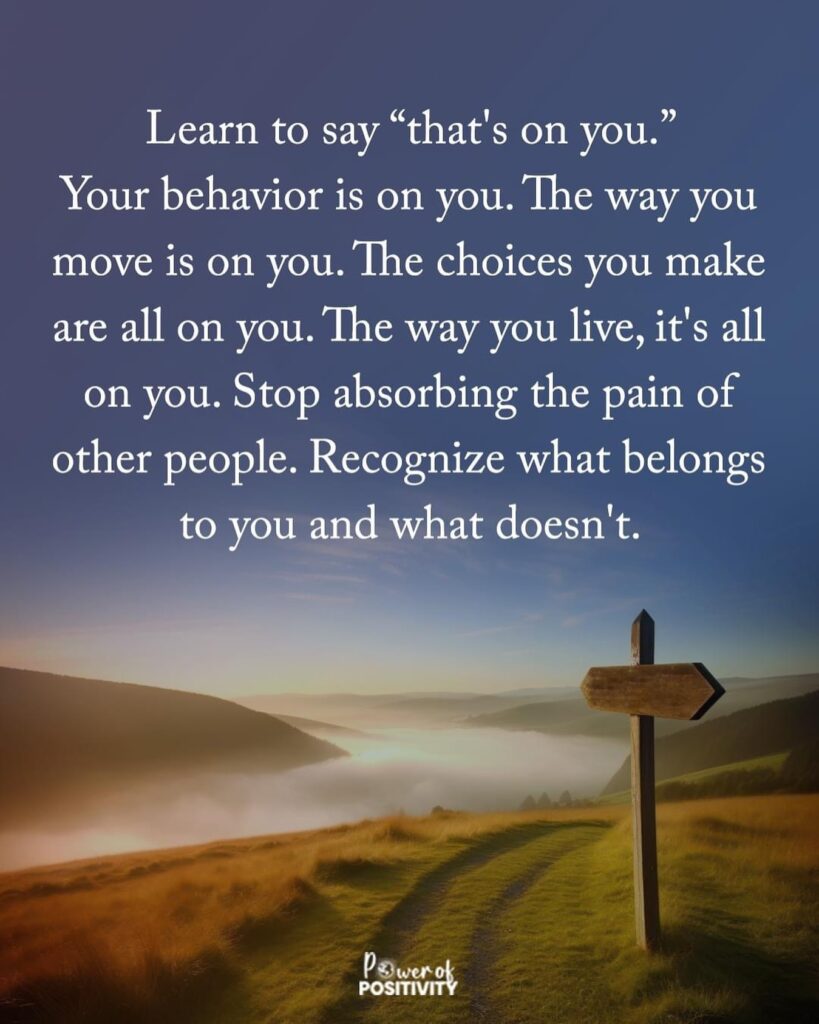Some days feel like a blur—you’re checking things off, racing the clock, and still falling behind. The pace never lets up, and even when you sit down, your mind keeps going. It starts to feel normal, but deep down, something’s off. You’re getting things done—but are you actually living?
Modern life pushes us to do more, faster. We tie our value to how much we can handle, even if it costs our peace. Rest becomes a reward instead of a need.
But what if that pace isn’t the answer? What if a small lifestyle shift—one that starts with slowing down—could make everything clearer, lighter, better?
This isn’t about giving up. It’s about showing up differently. A slower life doesn’t mean falling behind. It means finally feeling in control. And once you see the difference, you won’t want to go back.
The Modern Addiction to Speed
Getting things done has turned into a race. We’re told to hustle, stay busy, and keep going—like resting means we’re wasting time. Somewhere along the way, speed became the standard, and slowing down started to feel wrong.
Today, being “busy” is almost something to brag about. It’s used as proof that we’re working hard, making progress, doing something important. But living this way comes at a cost:
- Your body stays tense, even when you’re off the clock.
- Your sleep gets lighter. Your thoughts get louder.
- You feel tired but wired—like you’re never fully resting.
- Your time with family and friends starts to feel rushed.
- You forget what calm actually feels like.
Most people don’t even notice how tired they are until they stop. And for many, slowing down feels scary—it’s quiet, unfamiliar, and makes you question your worth without a packed schedule.
But here’s a thought: what if a lifestyle shift doesn’t mean doing less—it means doing what actually matters?
What if slowing down isn’t falling behind—but finally catching up?
What Changes When You Embrace a Slower Life
A lifestyle shift like this isn’t just about cutting back on how much you do—it’s about changing the way you live. When you slow down, things begin to feel different. You’re not rushing through your days just to get to the end of them. You’re more present, more thoughtful, and more connected to what actually matters.
This kind of shift isn’t about giving things up. It’s about giving yourself more of what you really need. And the benefits? They’re bigger than you’d expect.
1. You Stop Measuring Your Worth by Output
Rushing all the time can make you feel like your value depends on how much you get done. You finish one task just to start the next. And when you’re not doing anything? You feel guilty.
A lifestyle shift helps break this cycle. You start seeing that who you are matters more than what you check off your list.
With this new mindset, rest becomes part of your rhythm, not something you have to “earn.” You realize you’re allowed to slow down—not because you finished everything, but because your well-being comes first. That kind of peace doesn’t come from overworking. It comes from letting go of pressure that was never yours to carry in the first place.
2. You Start Noticing What You Were Missing
Life moves fast when you’re always busy. You stop seeing the little things: how the light hits the trees, the way your child giggles, the smell of fresh coffee.
When you make space for stillness, you start to notice them again. This lifestyle shift brings you back to the moment. Instead of rushing past joy, you sit with it. You feel it more.
Suddenly, a regular day feels richer. You realize how many good things were always there—you just needed to slow down long enough to see them.
3. You Make Clearer, Calmer Decisions
When everything’s urgent, decisions feel rushed. You react fast just to keep things moving. But that speed often leads to choices you second-guess later.
A lifestyle shift gives you space to pause before you act. You start tuning into what feels right, not just what looks efficient.
Slowing down lets your intuition speak up. You stop choosing based on fear or pressure, and start making moves that feel aligned with what matters to you. That quiet space in between thoughts? That’s where your best answers live.
4. You Build Better Relationships
Hurry makes connection hard. It’s tough to be fully present when your mind is already thinking about the next thing. You might be with someone, but not with them.
Slowing down helps change that. You start listening better. You notice facial expressions, pauses in conversation, unspoken feelings. You give people the gift of your full attention—without distractions.
This lifestyle shift doesn’t just improve your schedule—it changes how people feel around you. When you’re more present, your relationships grow stronger, deeper, and more meaningful.
5. You Rediscover Your Own Needs
Moving too fast often means ignoring your own signals. You skip meals, push through headaches, stay up too late, and call it “normal.”
But when you slow down, you start to hear yourself again. You notice when your body needs rest. You feel when your mood shifts. You realize you’ve been tired for longer than you thought.
This lifestyle shift brings you back to yourself. You remember that your needs matter. That rest isn’t selfish. That saying no can be a form of care. And when you begin to meet those needs, everything else starts to feel a little easier.
6. You Redefine Success on Your Terms
We often chase goals that aren’t even ours—just because they look good on paper or work for someone else. Speed makes it easy to copy, compare, and perform.
But a slower pace makes room to think about what you actually want. You start asking, “What feels good to me?” instead of “What should I be doing?”
This lifestyle shift turns success into something more personal. It’s not about trophies or titles. It’s about peace, time, health, and happiness. Those are wins that don’t need applause—they just need space.
7. You Learn to Trust Stillness
Stillness can feel strange at first. When you’re used to moving all the time, silence can feel heavy. You might even try to fill it with noise or tasks.
But quiet moments are where you meet yourself. Slowing down helps you sit with your thoughts, even the messy ones. You stop running from discomfort—and start understanding it.
This lifestyle shift teaches you that stillness isn’t weakness. It’s strength. It’s where creativity shows up. It’s where new ideas form. And it’s where you finally get clear on what matters most.
How to Gently Begin the Shift
You don’t need a complete life overhaul to feel better. A lifestyle shift starts with small, doable steps that create space to breathe. Slowing down isn’t about quitting your job or cutting off the world—it’s about being more mindful with your time, your energy, and what you say yes to. These habits are simple, but they hold real power when practiced consistently.
Try adding a few of these into your daily rhythm:
- Leave white space in your day. Start with 10 to 15 minutes of nothing—no tasks, no screens, no noise. Sit still, walk slowly, stretch, or just breathe. These pauses help calm your mind and give your body a break from running on overdrive.
- Say no without guilt. You don’t have to explain yourself or feel bad for setting limits. Practice saying, “That doesn’t work for me right now,” and let it be enough. Boundaries aren’t rude—they’re necessary for rest.
- Unplug for real. Step away from your phone, email, and social media at certain times. Mornings, walks, or before bed are great places to start. At first, the silence might feel weird—but soon, it becomes comforting.
- Reconnect with what brings you joy. Think back to what made you feel good before life got packed. Was it reading? Baking? Gardening? Playing music? Napping in the sun? These aren’t extra—they’re part of what makes life feel full.
Final Thoughts on the Power of Slowing Down
Slowing down doesn’t mean you’re giving up—it means you’re finally tuning in. So much of life gets missed when we’re stuck in fast-forward. Days blur together, connections feel shallow, and the joy in small things fades.
Choosing a slower pace is a lifestyle shift that brings you back to what matters. You start to notice more, feel more, and live with intention instead of running on autopilot. Peace doesn’t show up when you finish everything—it shows up when you stop chasing and start being.
This isn’t about falling behind. It’s about moving forward in a way that feels right to you.
Slowness isn’t the opposite of success. Sometimes, it’s the doorway to it. And once you walk through it, there’s no rush to turn back.















